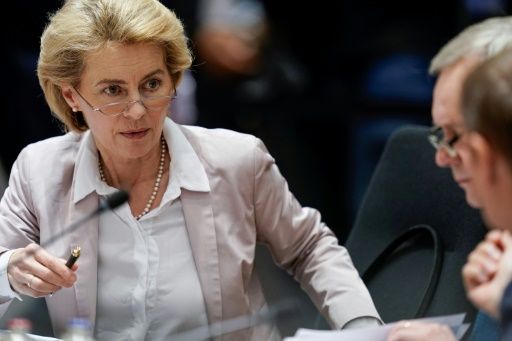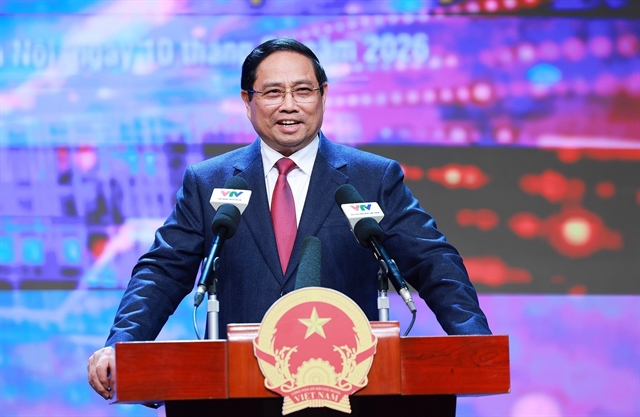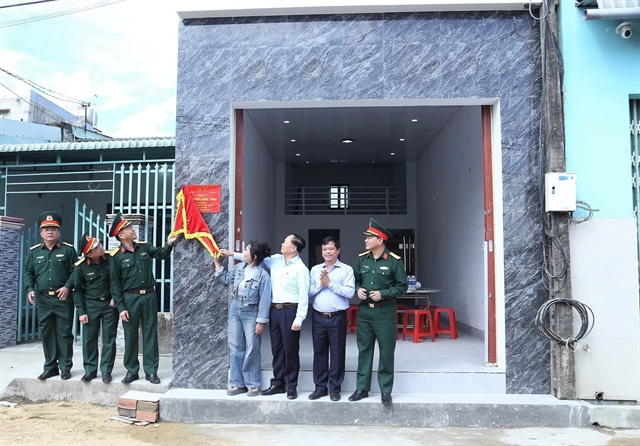 World
World


|
| After much wrangling, the executive team of incoming European Commission President Ursula von der Leyen will be put to final vote. — AFP /VNA Photo |
STRASBOURG — Brussels' next top official Ursula von der Leyen presents her top team to the European Parliament on Wednesday, hoping to finally put a difficult transition behind her.
The incoming president of the European Commission had hoped to take office a month ago, but was thwarted by wrangling over the membership of her executive team.
The former German defence minister faces a daunting brief when her mandate starts on December 1, with the EU at loggerheads with Washington over trade, climate and Iran, while it grapples with a sluggish economy and frets about Russia.
The 61-year-old, a veteran from Chancellor Angela Merkel's centre-right CDU party, also has to contend with growing divisions between her old boss and French President Emmanuel Macron as the EU's vaunted "Franco-German motor" misfires.
But first, she must convince MEPs in Strasbourg to give their backing to a team drawn from each of 27 member states – all of them bar Britain, which plans to leave the bloc.
Her own appointment to succeed Jean-Claude Juncker as head of the commission was approved in July with only nine votes more than she needed, a narrow margin in EU politics.
Three of her initial nominees to the commission were rejected during the parliamentary confirmation process – an unprecedented snub – weakening her authority from the outset.
Nevertheless, EU diplomats and parliamentary leaders are cautiously optimistic she will clear Wednesday's hurdle, a public vote of MEPs at 12.30pm (1130 GMT).
"We will be united in our support for the commission," vowed Manfred Weber, head of the parliament's centre-right EPP bloc and himself a disappointed former presidential hopeful.
Weber was one of a small group of so-called "Spitzenkandidats" or lead candidates representing party blocs that MEPs had hoped would provide the eventual commission leader.
But EU member state leaders, spearheaded by Macron, overturned this experiment in parliamentary democracy, and imposed an outside choice.
The vote to confirm Von der Leyen was conducted by secret ballot, allowing many MEPs to vote against her in protest at the EU leaders' political tactics.
But Wednesday's roll-call to approve the commission as a whole will be conducted openly, helping the main centre-right, social democratic and liberal factions to whip support.
The leader of the Socialists and Democrats group, Iratxe Garcia Perez, noted that pressure from the left had forced von der Leyen to commit to a broad-based political platform. — AFP




